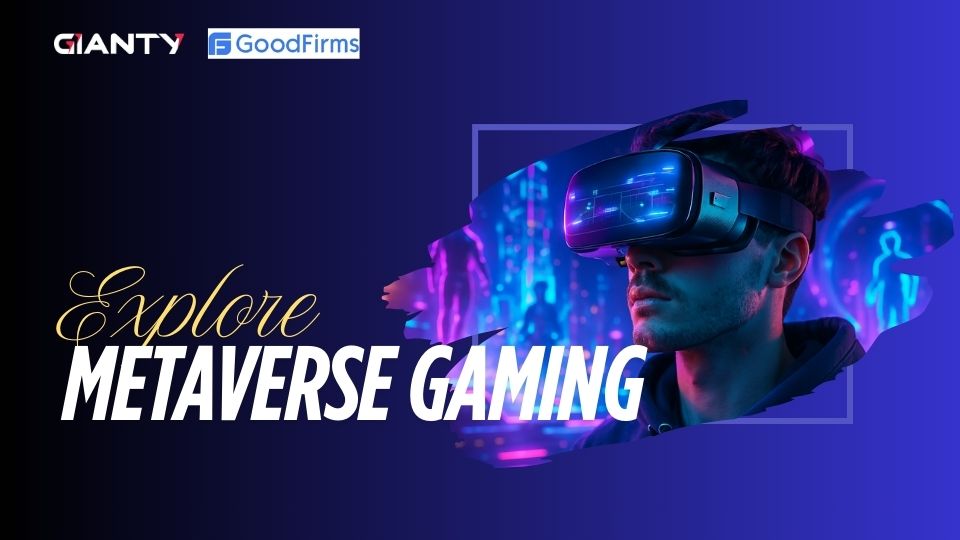Businesses often struggle with generic software that doesn’t address their specific industry challenges. Vertical SaaS solves this problem, offering cloud-based solutions that eliminate traditional installations and maintenance and provide access to powerful tools tailored to their needs.
As demand for these specialized solutions grows, Vertical SaaS is reshaping industries, with the global market expected to reach $157.4 billion by the end of this year, with a CAGR of 23.9% and $317.49 billion by 2032.
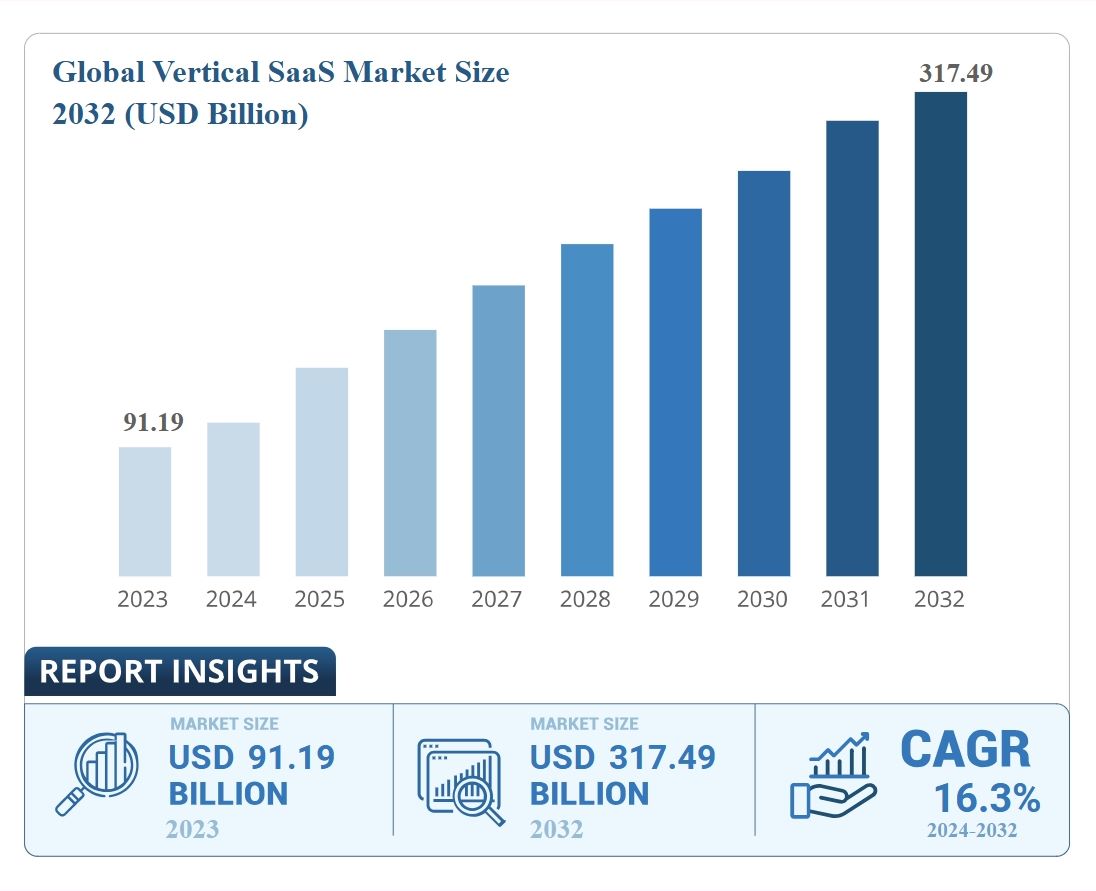
Unlike traditional software, these platforms are designed to meet the unique requirements and regulations of specific sectors.
With the increasing integration of AI, these solutions are becoming even more powerful, enabling businesses to leverage advanced data analytics, automation, and predictive insights to improve efficiency and drive innovation.
This article explores Vertical SaaS, its differences from Horizontal SaaS, and the critical role of AI in enhancing these solutions. We’ll also share GIANTY’s perspective on AI and our commitment to supporting industries in their digital transformation.
What is Vertical SaaS?
Vertical SaaS refers to cloud-based software solutions designed specifically for the needs of individual industries.
Instead of a one-size-fits-all approach, it focuses on delivering functionality, workflows, and compliance features tailored to each sector.
This makes it a perfect fit for industries like healthcare, finance, real estate, and retail, where specialized software is essential due to unique regulatory and operational requirements.
Key benefits include:
- Customized workflows that align with industry-specific processes.
- Advanced compliance management, ensuring adherence to industry regulations.
- Data analytics insights, tailored to the needs of professionals in each vertical.
How Vertical SaaS Differs from Horizontal SaaS
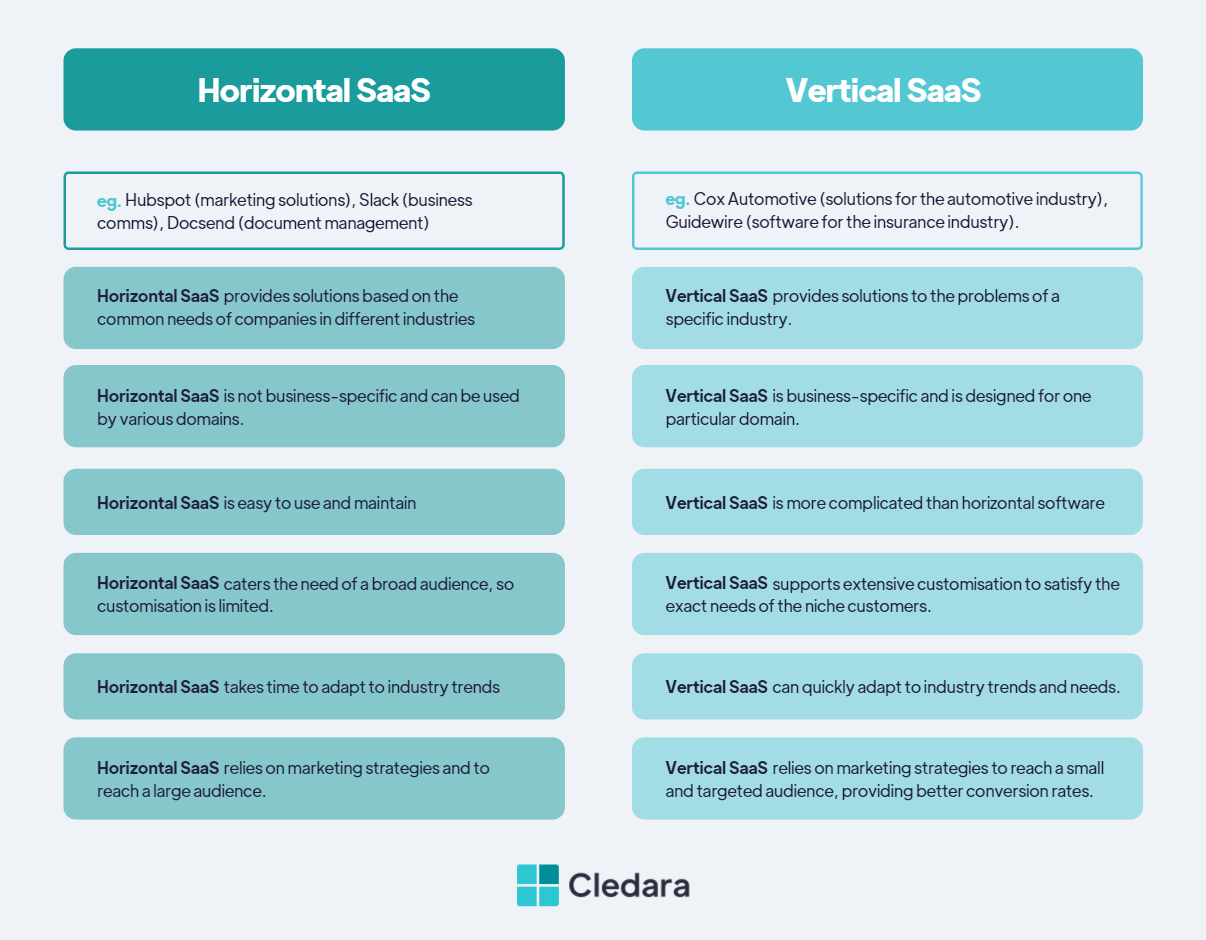
Why choose Vertical SaaS over Horizontal SaaS?
It comes down to specialization. Horizontal SaaS solutions, like Microsoft Office 365 or Slack, are great for general business needs like communication and productivity.
They work across all industries, but they don’t address the specific challenges of any one. Vertical SaaS, however, is designed precisely for those specific challenges.
It’s built for specialized industries, offering customized tools and solutions that solve niche problems, streamline industry-specific workflows, and ensure compliance with unique regulatory requirements.
This targeted approach allows businesses to operate more efficiently and effectively within their respective industries.
Notable Examples of Vertical SaaS Solutions in Specific Industries
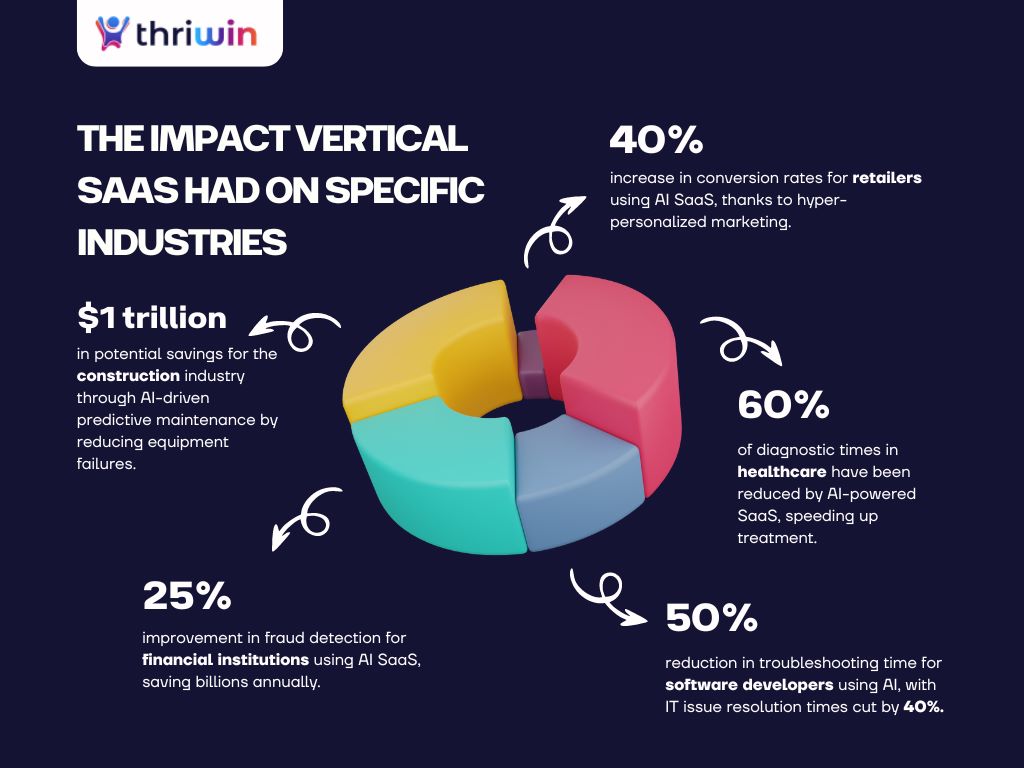
The Vertical SaaS market is thriving with companies offering specialized solutions. These platforms empower businesses to streamline operations, maintain compliance, and boost efficiency.
Here are some of the most influential players shaping the sector:
- Epic Systems: Commanding 28.21% of the market, Epic offers a complete EHR system, including patient records, billing, and compliance management, tailored for the healthcare industry.
- Zillow: With an average of 226 million active users on its app and website in 2023, Zillow provides a suite of tools for real estate professionals, from property listings and market analysis to lead generation and customer relationship management.
- Veeva Vault: Delivers a cloud-based platform for life sciences, focusing on document management, regulatory compliance, and data management for clinical trials and other operations.
- Procore: Offers a comprehensive project management solution for construction, encompassing budgeting, scheduling, collaboration, and document control.
The Growing Role of AI in Vertical SaaS
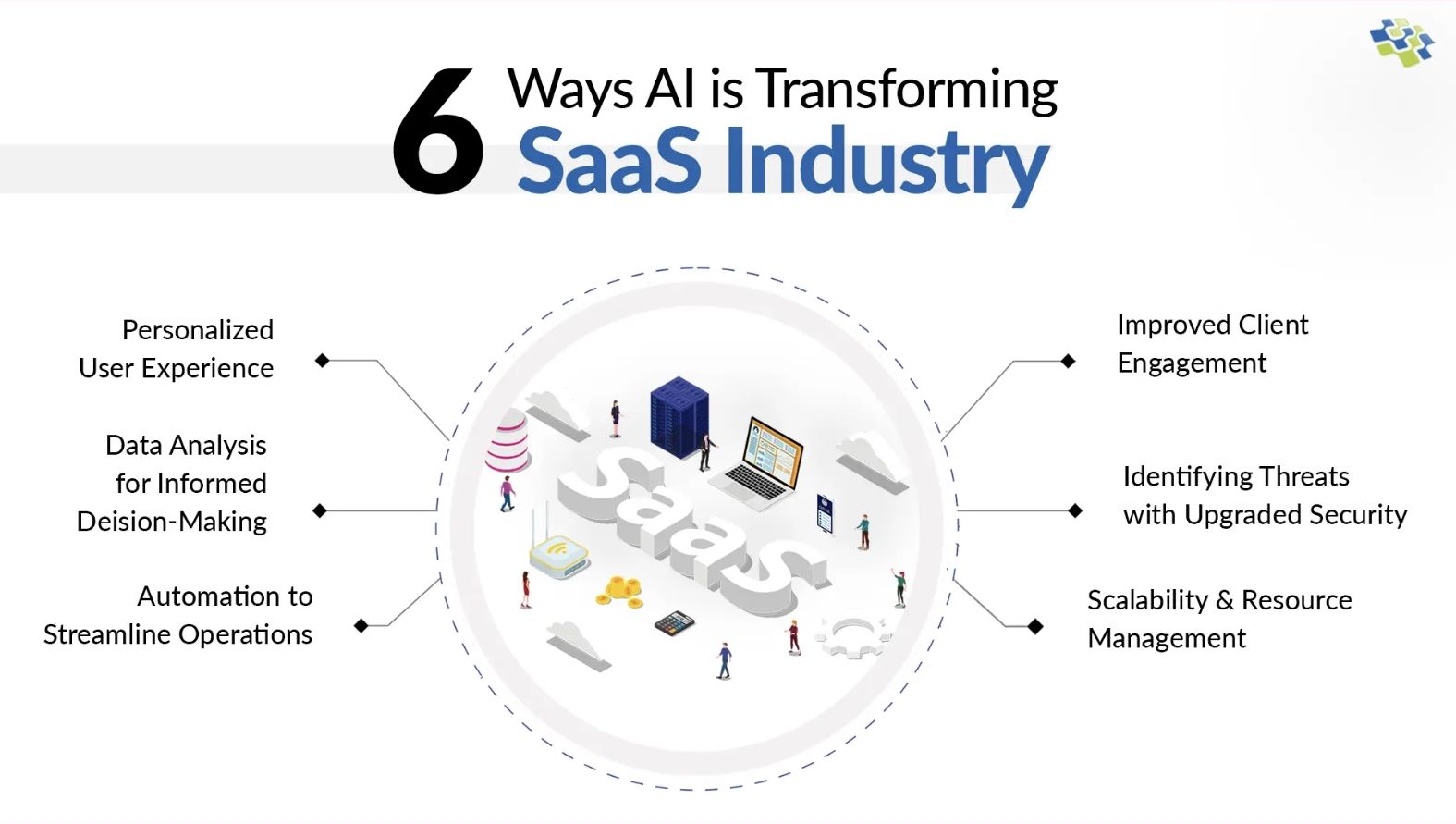
As AI technologies continue to evolve, their integration into Vertical SaaS platforms will become even more profound.
Vertical AI, in particular, refers to specialized AI models tailored to specific industries, enabling more precise and effective solutions in combination with Vertical SaaS and helping businesses leverage data in new ways and automate increasingly complex industry-specific tasks:
Automating routine tasks
AI enables businesses to automate time-consuming processes such as data entry, inventory management, and customer service, freeing up valuable time and resources for more strategic initiatives.
Predictive analytics
AI-powered predictive analytics allow businesses to forecast trends, identify potential risks, and take proactive actions. For example, in healthcare, AI can predict patient readmissions, helping organizations improve care and reduce costs.
Personalization
AI can analyze customer behavior and preferences, delivering tailored recommendations and services. This can significantly enhance the customer experience, from personalized product suggestions in retail to customized content in entertainment platforms.
Data-driven decision-making
AI helps businesses leverage their data more effectively by identifying patterns and insights that would be difficult or impossible for humans to uncover. This leads to better, faster decisions that improve both operational efficiency and strategic planning.
Scalability and growth
As businesses grow and their operations become more complex, AI in Vertical SaaS platforms can scale to meet the increased demand. By automating processes and providing real-time data analysis, AI enables businesses to handle larger volumes of transactions, customers, and data without compromising on efficiency or quality.
Future of Vertical SaaS and AI Integration
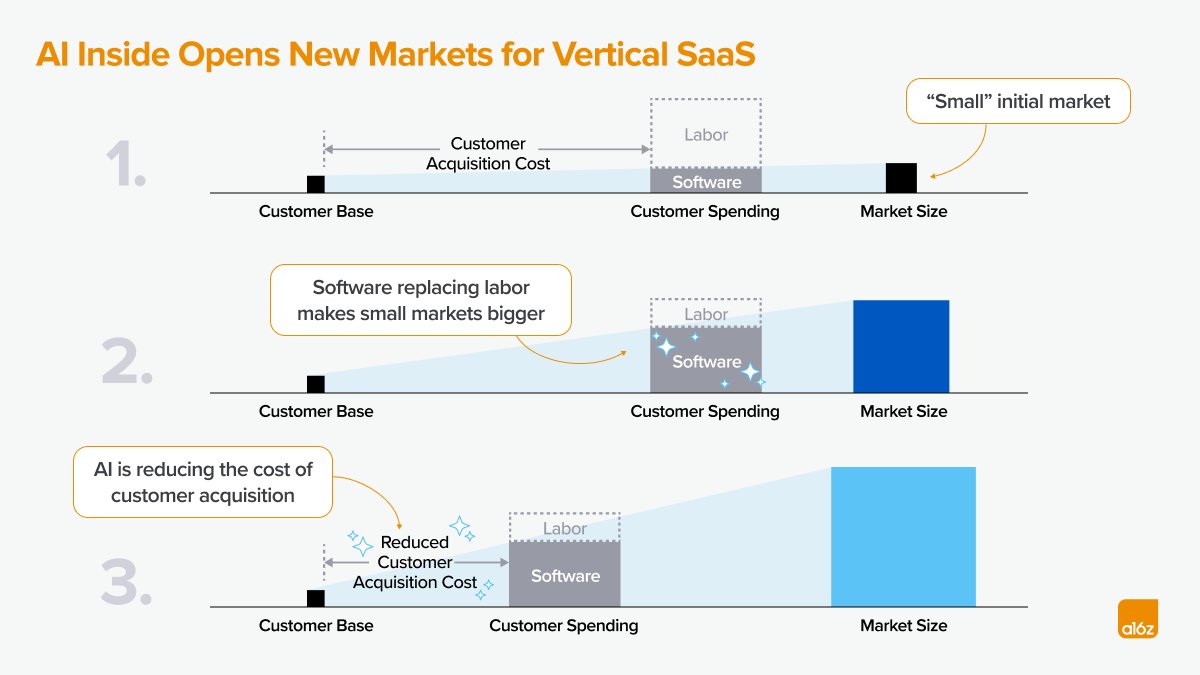
The future of Vertical SaaS is intricately linked with the integration of AI, bringing significant advancements that will revolutionize industries.
These solutions are becoming more adaptive, intelligent, and interconnected, offering businesses unparalleled capabilities.
Key trends and developments shaping the evolution of Vertical SaaS include:
AI-Driven Advancements:
- Collaboration with Edge Computing: The fusion of AI and edge computing will enable real-time, localized data processing, enhancing decision-making in decentralized environments.
- Automated Compliance: AI will play an increasing role in automating compliance tasks, particularly in industries like finance and healthcare, where complex regulatory requirements are a significant challenge.
- Enhanced Security: AI-powered security features, driven by machine learning, will strengthen data protection by identifying vulnerabilities and mitigating potential threats in real-time.
- Natural Language Processing (NLP): By integrating NLP, Vertical SaaS platforms will offer more intuitive, human-like interactions, improving both customer support and internal workflows.
- Adaptive and Evolving Solutions: As markets and regulations evolve, AI will help businesses stay agile by offering dynamic features that adapt to changing industry needs.
- Optimizing Operations: AI will streamline supply chain management and enhance customer engagement, improving operational efficiency and driving customer satisfaction.
Emerging Trends in Vertical SaaS
- Adoption in underserved sectors, such as agriculture and logistics, traditionally less digitalized, is rapidly increasing as digital transformation accelerates.
- The integration of IoT with Vertical SaaS will further enhance data collection and analytics, providing businesses with deeper insights for decision-making.
- Growing demand for compliance-focused solutions in regulated industries like healthcare and finance will continue to drive innovation in Vertical SaaS offerings.
However, as it continues to grow, businesses must also navigate challenges, including the need for continuous adaptation to evolving industry standards and the balance between specialization and user-friendly designs.
GIANTY’s Vision for the Future of AI and Vertical SaaS
As we look ahead, GIANTY is closely following the advancements in Vertical SaaS and its integration with AI as our belief in AI’s potential to enhance Vertical SaaS solutions is immense.
Our AI development services empower companies to integrate cutting-edge AI into their workflows, preparing them for the digital future.
And while we don’t currently develop Vertical SaaS platforms directly, we understand their growing importance and believe AI will be crucial to their evolution.
GIANTY’s commitment and focus on AI innovation ensures we’re well-positioned to help businesses across sectors harness the full power of AI-driven solutions. We’re excited to see how Vertical SaaS continues to transform industries.



